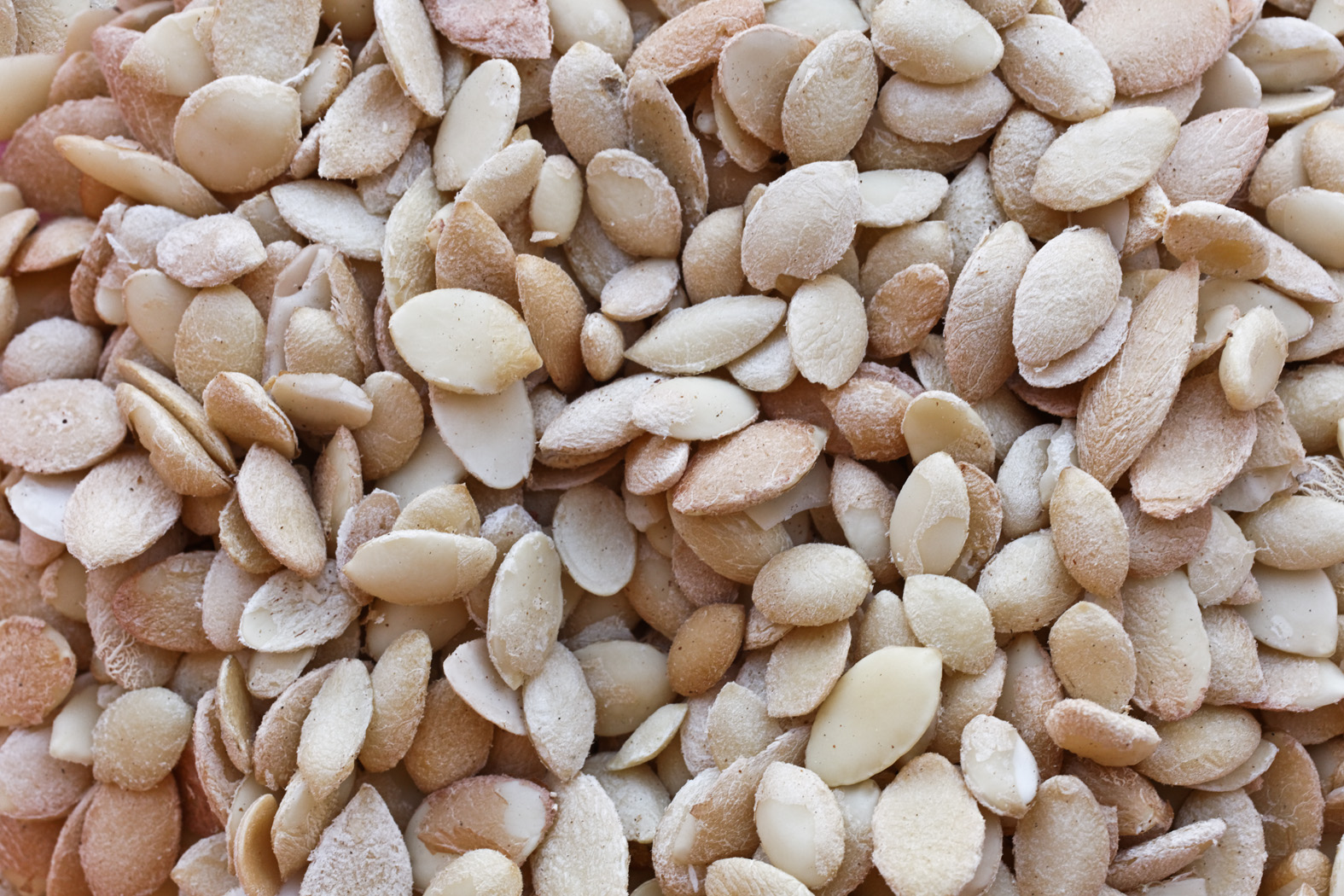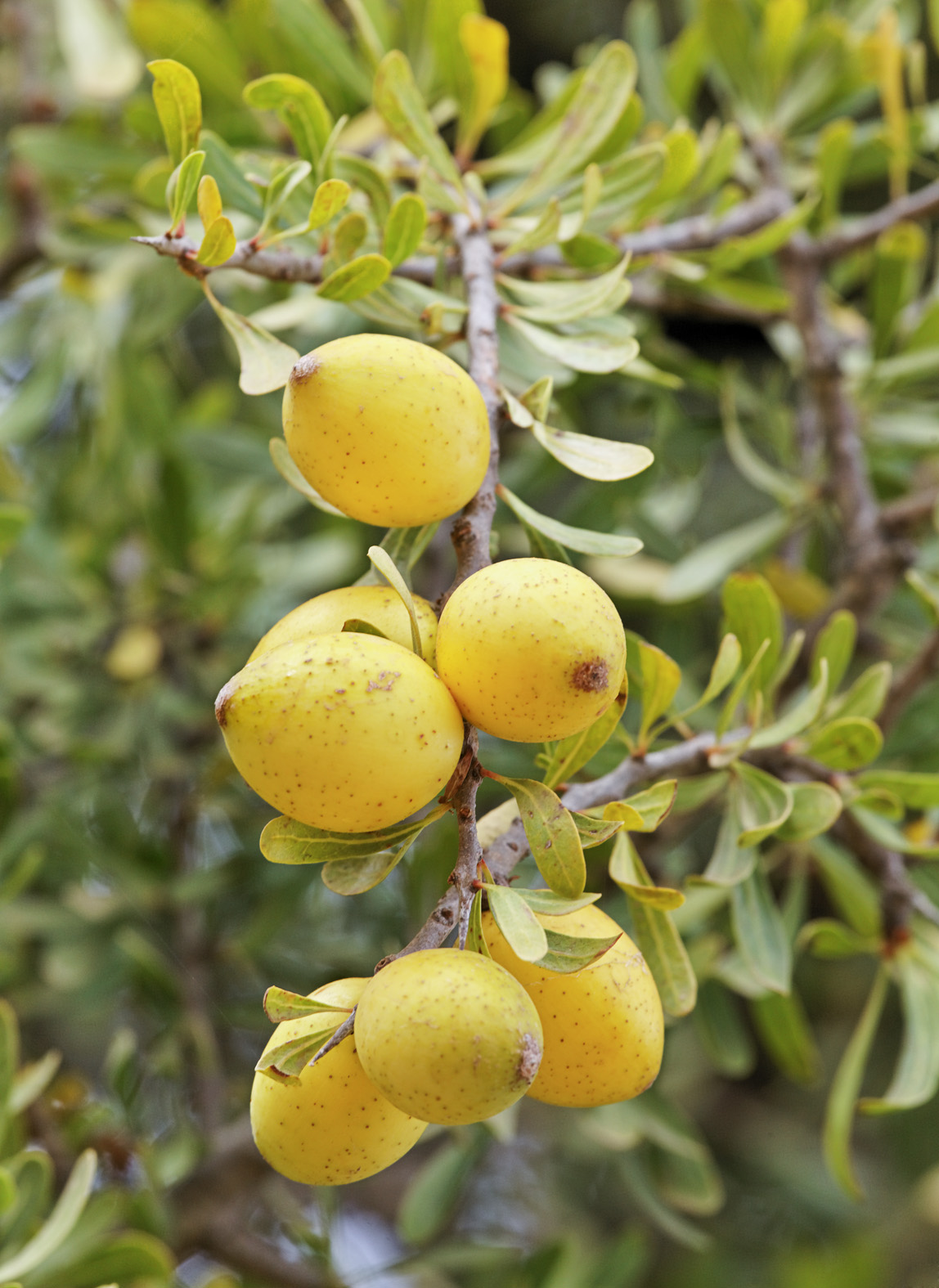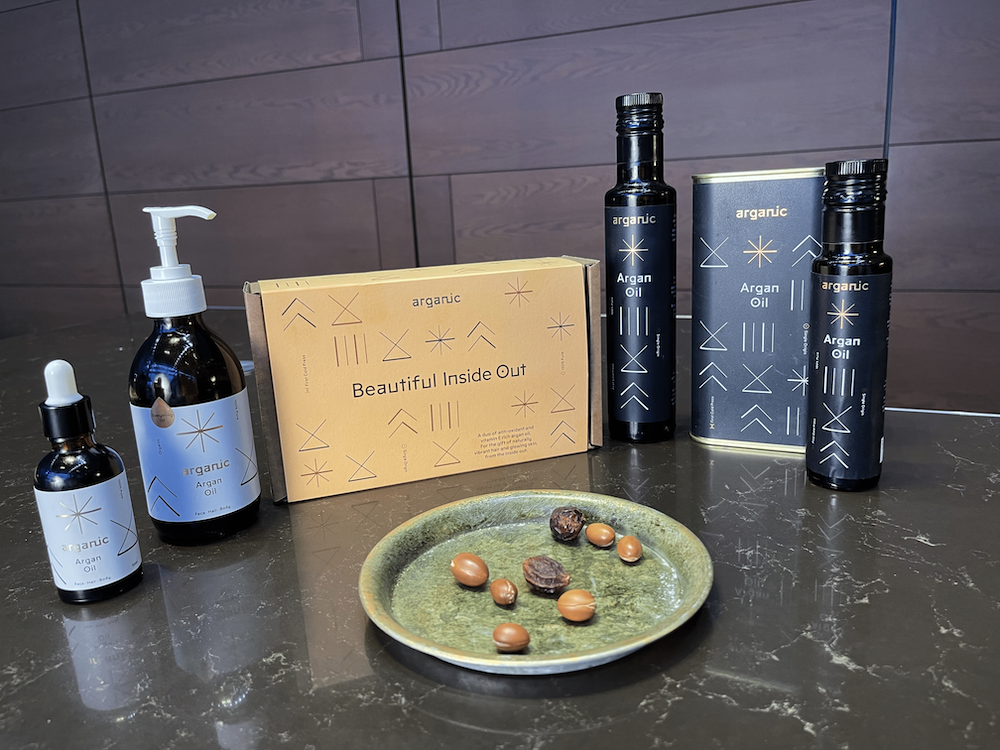Life Style: REVIEW: ‘The Adam Project’ — how much Ryan Reynolds is enough Ryan Reynolds?

LONDON: When it comes to health and beauty it is important to educate people in the West on the benefits of slow, sustainable and holistic approaches rather than just quick fixes, a specialist has said.
“We have to educate people a little bit on the concept of finishing dishes with oils, more than cooking with oils, which is something that is so common in Middle Eastern and Mediterranean diets,” Dana Elemara, the founding director of Arganic, told Arab News.
She said the UK market was a prime example, particularly with regards to beauty, but was moving in the right direction.
“I believe in eating for your skin and hair, and it’s just a much more effective and sustainable way to do things,” Elemara said.
“The UK is moving in the right direction, but there’s definitely still scope to get people thinking about the beauty of simple things that really work but might take a bit more time.”
The 37-year-old founded her company 10 years ago with a mission to share the best of North Africa and the Middle East and to sell and promote the wide-ranging benefits of argan oil.
Born in London to Iraqi parents, Elemara endured British-Arab identity struggles and was also disheartened by the lack of love or understanding for Middle Eastern and North African cultures.
“I found a gap in the market (and) I understand the Western culture well, because I was born into it. But I also genuinely understand and love the Middle Eastern and North African culture, and I felt like I could do what I do with integrity for that reason, and show the positive and beautiful sides of North Africa and the Middle East that sometimes just get lost in the news.”

Argan oil is one of the rarest and oldest ingredients in the world and has been used for centuries by the indigenous Berber people of Morocco as the main fat in their diet and in cosmetics. It comes from the Argania spinosa, a UNESCO-protected tree that is endemic to areas of southwestern Morocco and southwestern Algeria.
The oil has many beauty and health benefits and is extremely rich in vitamin E. It is used to heal skin ailments, such as scars, psoriasis, stretch marks and eczema, and can ease problems related to digestion, cardiovascular health, the menopause, diabetes and immunity. In Morocco, it is enjoyed by simply dipping it into bread or as an accompaniment to salads, couscous and even sweet dishes.
Before launching Arganic, Elemara met several cooperatives and companies making argan oil, but ended up partnering with Sidi Yassin, a family-run business in Morocco that employs more than 600 Berber women.

Argan is harvested once a year, usually in late summer. The kernels are only collected once they have fallen on the ground. They are then peeled and cracked open by hand using stones. The seeds are then lightly toasted for culinary argan oil, or just cold-pressed for cosmetic use.
“We only employ local Berber women to do the handiwork involved in making the argan oil because they grew up making it and most of them didn’t have the privilege of going to school. This is a great way that they can gain independence and also be in a social environment,” she said.
She added that it also incentivized the community to stop cutting down argan trees, which are very difficult to grow.
Elemara said that when it came to natural products, the concept of single origin and full traceability was very important for business owners and consumers alike, but identifying whether the oil had been adulterated could be tricky.

“Most argan oil you find has been diluted and the amount that’s reportedly on the market is far far more than could ever naturally be produced.”
She said consumers should check where the oil was sourced before buying, as they may not see the full benefits and end up wasting money.
Elemara hopes to launch more natural beauty and health products from places such as Syria or Sudan, that will not only empower the people making, but also provide people with delicious and nutritious alternatives while promoting Arab culture.
Noting that the news was copied from another site and all rights reserved to the original source.
xnxx,
xvideos,
porn,
porn,
xnxx,
Phim sex,
mp3 download,
sex 4K,
Straka Pga,
gay teen porn,
Hentai haven,
free Hentai,
xnxx,
xvideos,
porn,
porn,
xnxx,
Phim sex,
mp3 download,
sex 4K,
Straka Pga,
gay teen porn,
Hentai haven,
free Hentai,




